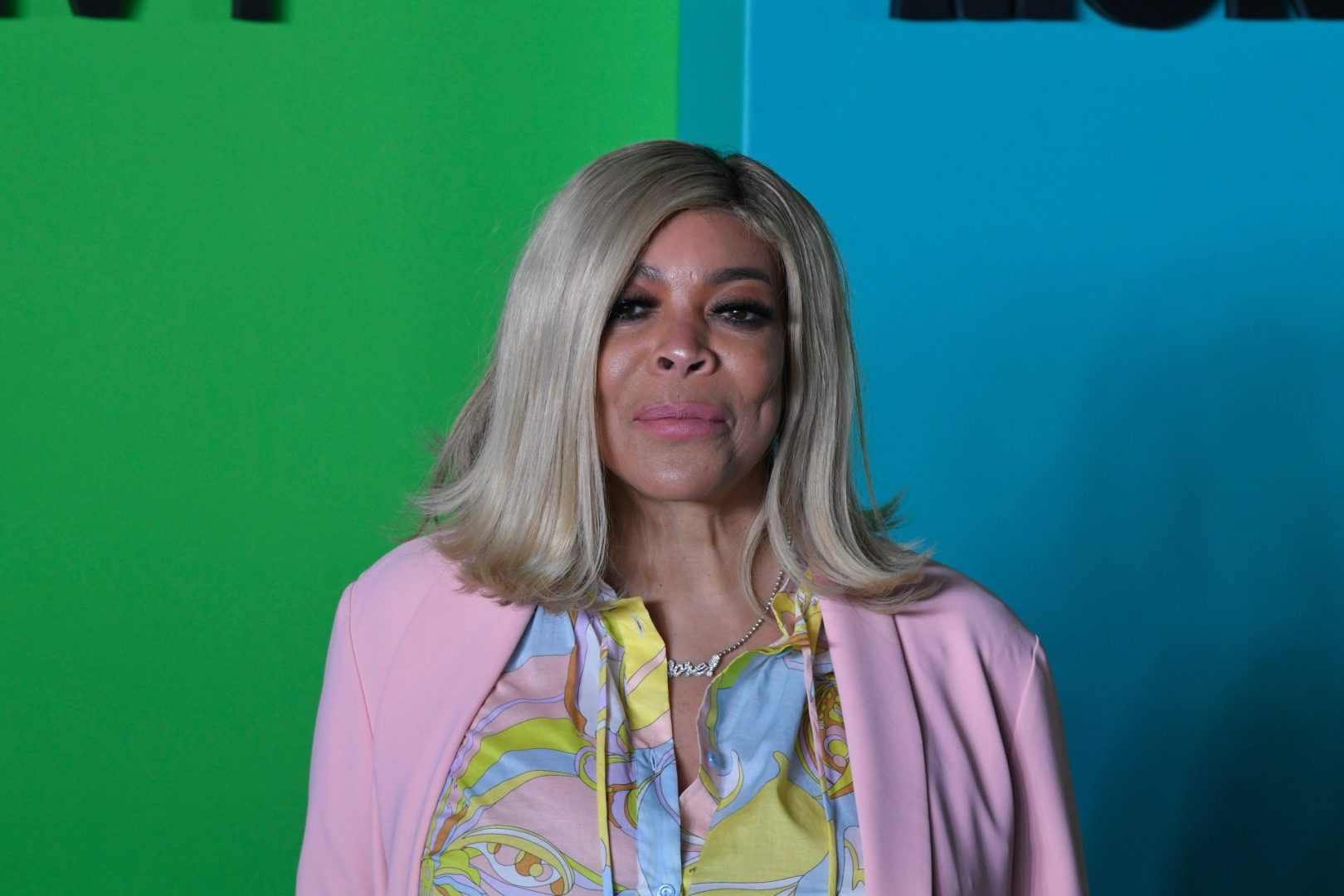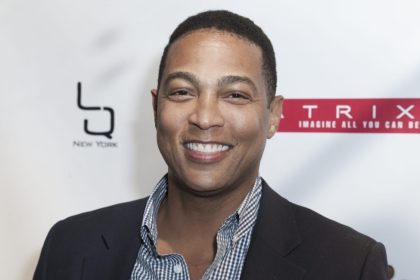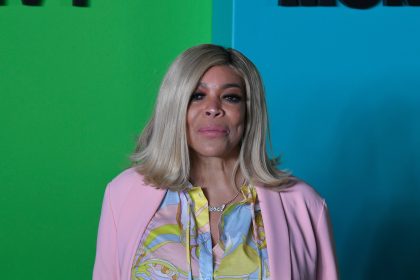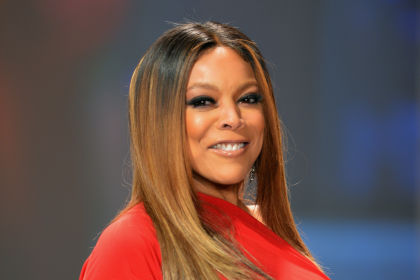In an emotional appearance on The Don Lemon Show, Wendy Williams shared a raw glimpse into her current life under guardianship. The 60-year-old former television host, who has been diagnosed with primary progressive aphasia and frontotemporal dementia, painted a stark picture of her daily existence, comparing it to life behind bars.
Living under restrictions
Since 2022, Williams has been under the care of court-appointed guardian Sabrina Morrisey, a situation that has become increasingly frustrating for the once-vibrant media personality. Her description of her current circumstances reveals a life far removed from her previous public persona, with limited freedom to make even basic decisions about her daily activities.
A host’s perspective
Don Lemon’s observations following their conversation offer an interesting counterpoint to the official narrative surrounding Williams’ condition. Despite her official diagnosis, Lemon found her to be engaged and capable of meaningful interaction, noting their ability to discuss shared memories and experiences from the past. His assessment challenges perceptions about her current mental state.
The isolation factor
The impact of social isolation emerges as a significant concern in Williams’ situation. Lemon emphasized the psychological effects of being separated from loved ones, suggesting that such isolation could potentially worsen anyone’s mental state. This observation raises important questions about the balance between protection and quality of life in guardianship arrangements.
Fighting for autonomy
Throughout the interview, Williams maintained a clear stance on her desire for independence. Her emphatic denial of incapacitation reflects a strong will to regain control over her life decisions, particularly regarding her career and financial matters. This determination shows glimpses of the strong personality that made her a television favorite.
Legal complexities
The response from her guardian’s legal team presents the other side of this complex situation. Their statement emphasizes the court’s determination of Williams’ legal incapacity and highlights the progressive nature of her condition. This creates a challenging dynamic between personal autonomy and necessary legal protection.
Family support system
The involvement of Williams’ family adds another layer to this story. Her niece, Alex Finnie, has become an advocate for her aunt’s autonomy, helping to mobilize public support through social media campaigns. This family backing provides Williams with crucial emotional support during her challenging circumstances.
Medical considerations
The discussion of Williams’ health conditions brings attention to the challenges of managing progressive neurological conditions while maintaining personal dignity and independence. The balance between necessary medical care and personal freedom becomes increasingly complex in such cases.
Public perception
The media coverage of Williams’ situation has sparked broader conversations about guardianship and personal rights. Her openness about her struggles has brought attention to important questions about how society handles cases involving mental capacity and personal autonomy.
Looking ahead
Despite her current restrictions, Williams maintains hope for the future and expresses specific desires, such as celebrating her father’s upcoming 94th birthday. These personal goals highlight the human aspect of her situation beyond the legal and medical considerations.
Impact on the industry
Williams’ story raises important questions about how the entertainment industry handles aging personalities and health challenges. Her situation has prompted discussions about support systems and protections for public figures facing similar circumstances.
Broader implications
The case has become a focal point for discussions about guardianship reform and the rights of individuals with cognitive challenges. It highlights the need for careful consideration of how society balances protection with personal freedom.
A continuing journey
As Williams continues to navigate her health challenges and legal restrictions, her story serves as a powerful reminder of the complexity of managing personal autonomy while ensuring necessary care and protection. The ongoing public interest in her situation keeps important conversations about guardianship and personal rights in the spotlight.
















